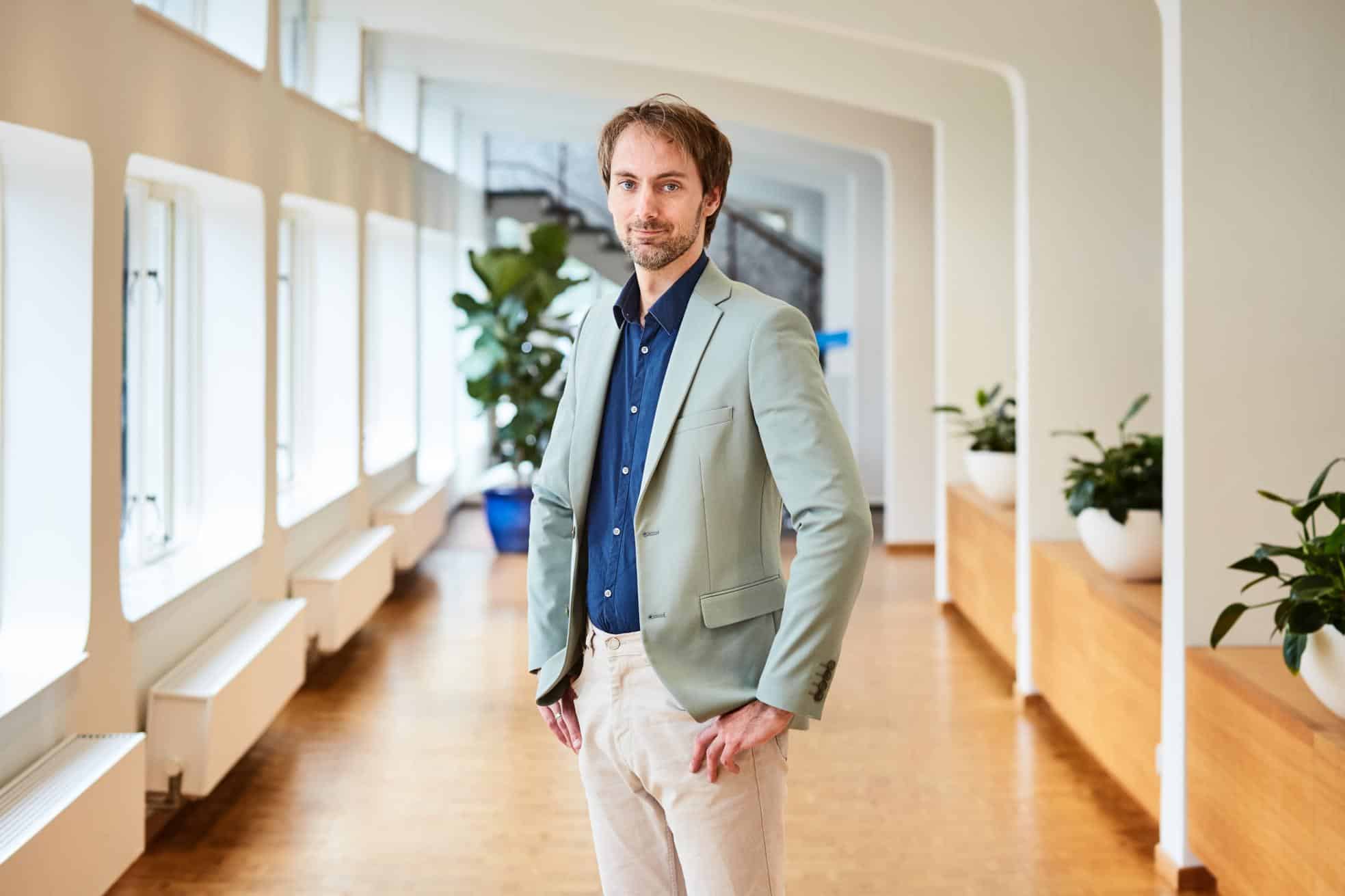
The first ever test network for hydrogen in the Netherlands was opened in Groningen yesterday. The Waterstof Innovatie Netwerk Groningen (WING) enables companies and students to gain experience with hydrogen by conducting physical tests and demonstrating the technology. “We have already connected the first company to our network,” says Ted Wildenberg, project leader of WING.
Groningen has been developing and rolling out hydrogen technology for quite some time already. Take mobility as an example. The municipality of Groningen has a number of passenger cars, vans and garbage trucks that run on hydrogen. This latest initiative is now being added to that. The hydrogen test network has several connections and is located in the energy transition living lab of EnTranCe – the Centre of Expertise Energy at the Hanze University of Applied Sciences Groningen.
It is mainly small and medium-sized businesses that will get to work with the network, such as grid operators, installers and other technical organizations. They can then organize hydrogen training courses for their staff and carry out physical tests. The first company, grid manager the RENDO Group, is now connected to the brand new network, with the aim of testing polymer pipelines. Apart from companies, students can also visit the test site. They can get to work with it through internships and graduation projects. WING is the latest addition to the already existing EnTranCe network. This network was already capable of supplying heat, cold, natural gas and electricity.
“We’ve been working towards this with several partners for years,” says Wildenberg. “I’m very proud of that, because actually going ahead and doing it is what we need right now, and that’s something we’re very good at here in Groningen. We’re going to carry out research and see if existing natural gas pipelines are suitable for hydrogen.” In addition to the technical aspects, the network is also conducting research in legal and financial areas. “We think that with this network, we will be able to lower the threshold for those who want to test green hydrogen.”
You can read more about how Groningen is innovating with hydrogen here.
SMEs: key players
Director of EnTranCe Jan-Jaap Aué underlined during the opening how important SMEs are in the energy transition. “The energy transition needs novel ideas. If companies in the Northern Netherlands and beyond have good ideas in the field of hydrogen, they are more than welcome to come and talk to us about them.” EnTranCe seeks to stimulate initiatives around hydrogen by, among other things, providing financial support to companies through the issue of vouchers. Small-scale entrepreneurs with a good idea are also welcome. “Consider, for instance, an entrepreneur from the North who is developing a hydrogen-powered cargo bike. Small-scale entrepreneurs with a unique idea can also contribute. If you’re a small-scale entrepreneur, please don’t let yourself be put off.”
Preventing leaks
N. V. Nederlandse Gasunie and GasTerra are involved in the project as financial partners. Hans Duym, Groningen Activities Coordinator at GasUnie, hopes the new network will help him learn more about how hydrogen behaves in these pipelines. “Think about such things as gaskets (ed., seals). What kind of gaskets do you need to transport hydrogen safely? Hydrogen is a smaller molecule than natural gas and leaks more easily. We need to prevent major leaks.”
Duym also stresses the importance of smaller companies in getting a hydrogen chain up and running. “It’s great that hydrogen exists, but above all, let’s start using it now. This does entail all sorts of challenges. This project has the potential to generate some significant innovations as well.” And the first spark must come from SMEs, Duym believes. “Small businesses are able to adapt more quickly. Take, for example, a boiler running on hydrogen. Small companies have also started working on these things. It often starts small but eventually something like that is also adopted on a large scale.”
WING is not the first hydrogen project GasUnie is taking part in. Back in 2018, GasUnie constructed a 12-kilometer pipeline suitable for hydrogen in the province of Zeeland. Via the pipeline, hydrogen for industrial use is exchanged between the companies Dow Benelux and Yara via a gas transport pipeline that is no longer in use.
Read more stories about Groningen via this link.








